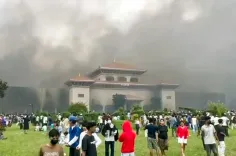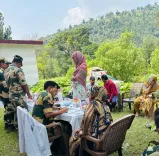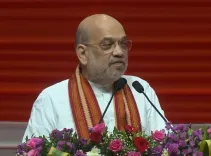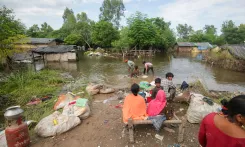How Does Pak-Sponsored Terrorism Burden India's Economy?
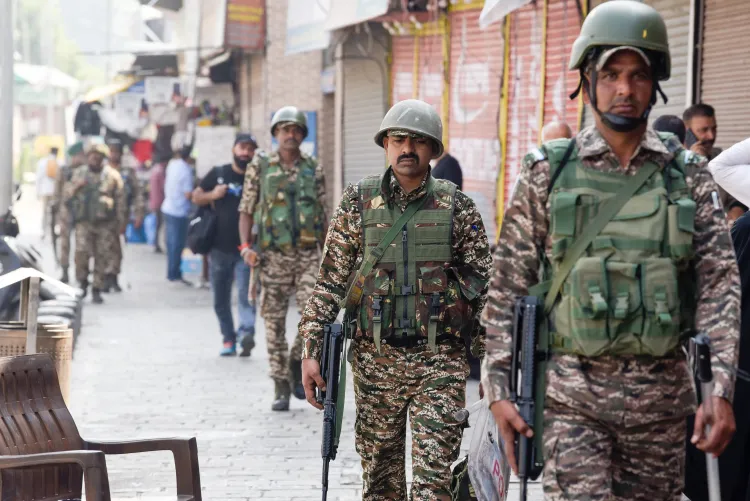
Synopsis
Key Takeaways
- Cross-border terrorism has severe economic implications for India.
- India allocates significant resources for border security.
- Pakistan's official ties to terror groups raise international concerns.
- Financial assistance to Pakistan is a contentious issue for India.
- Tourism is adversely affected by ongoing terror threats.
New Delhi, Sep 14 (NationPress) Cross-border terrorism backed by Pakistan not only leads to the tragic loss of lives but also imposes a significant economic strain on India due to escalated spending on border security and the adverse effects on the tourism sector, which has become a target for Islamabad.
The economic implications are considerable. Ensuring border safety requires substantial investments. New Delhi's Border Infrastructure and Management (BIM) initiative has earmarked Rs 13,020 crore (2021–26) for improving fencing, flood lighting, roads, and technological advancements along its vulnerable borders, as noted in an article by Ankit Kumar in Newswire.
Moreover, the repercussions of terrorism not only deter tourism and related services but also inflate insurance costs and necessitate the continuous deployment of central armed police and military forces, leading to long-term developmental opportunity costs, the article highlights.
Pakistan's support for terrorism has been underscored not only by India but also by the UN’s listings of LeT and Masood Azhar, various US assessments, and international legal actions (including recent extradition cases linked to 26/11) which reveal networks sustained by protection and facilitation within Pakistan, as reported.
Recent revelations about Pakistan's official connections to banned terror organizations surfaced when senior officers of the Pakistan Army and high-ranking civilian officials were observed paying homage at the grave of a Lashkar-e-Taiba (LeT) terrorist killed during Operation Sindoor.
On Pakistan's Independence Day, August 14, Major General Rao Imran Sartaj, the General Officer Commanding (GOC) of Lahore Division, along with Federal Minister Malik Rashid Ahmed Khan, visited the grave of Mudasir Ahmed in Muridke, Lahore. Mudasir, a notorious LeT operative, was involved in the 1999 IC-814 hijacking and the 2019 Pulwama terror attack. He was killed when Indian forces targeted Markaz Taiba, the LeT's headquarters.
Mudasir's funeral, held on May 7 in Muridke, was officiated by LeT commander Abdul Rauf (also known as Abdur Rauf), who is designated as a global terrorist under US Treasury sanctions. He was seen accompanied by Pakistani Army personnel during the funeral. Senior Pakistani military officials and the Punjab Inspector General of Police participated in the funeral prayers alongside LeT members.
The footage from the funeral and the subsequent grave visit starkly reveals Pakistan's contradictory stance on counter-terrorism—publicly proclaiming a commitment to combat terrorism while the state apparatus continues to honor UN- and US-listed terrorists.
India has also vehemently opposed any additional financial support from the International Monetary Fund (IMF) to Pakistan, citing significant concerns over Islamabad's history and the reality that such bailouts enable the financially struggling nation to fund cross-border terrorism.
India abstained from voting on a new $1.3 billion IMF loan to Pakistan under the Resilience and Sustainability Facility (RSF) at the meeting.
While India emphasized the risk that funds from international financial institutions, like the IMF, could be diverted for military and state-sponsored terrorism, this concern resonated with several member nations. However, the IMF's response remains constrained by procedural and technical protocols, highlighting a critical gap that calls for moral considerations to be integrated into the procedures of global financial institutions.

